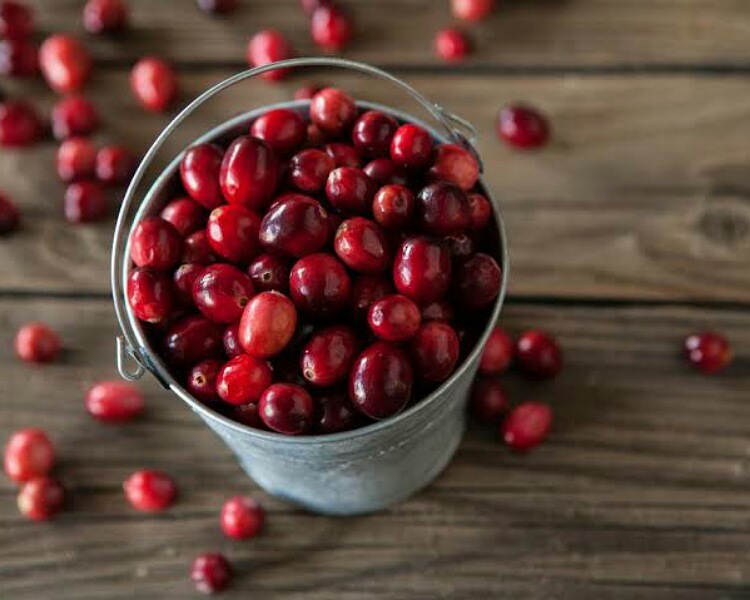The University of East Anglia in the UK have performed a study that revealed that cranberries are good for the brain and heart.
These berries have neuroprotective properties and help boost memory and ward off dementia.
Cranberries
Cranberries grow on cranberry plant that is an evergreen shrub or vine. The fruit is larger than the leaves. The raw fruit is green in color. As it ripens, it changes its color to red. It is an edible berry that is sour and sweet to taste.

The researchers of the new study state that these berries could be used in prevention of neurodegenerative diseases. These diseases are on the rise and affect millions of aging people worldwide.
There is no cure for these diseases and scientists are on the lookout for a breakthrough discovery or invention to treat and prevent this debilitating disorder of the brain.
The new study on these berries
The recruits in the study were 50 to 80 years old people. Each consumed a cup of these berries daily. 60 people completed the study over a period of 12 weeks.
The impact of this berry diet on brain function and blood cholesterol were the primary outcomes in this study. Half of these had taken the cranberry in a powdered form while the other half had consumed placebo.

Also, click to read What is a superfood? Why did European Union ban the use of this term?
The research showed that the cranberry powder caused a significant improvement in brain function and memory. Brain perfusion also showed a rise. The main author, Dr. David Vauzour, from UEA’s Norwich Medical School said:
“We found that the participants who consumed the cranberry powder showed significantly improved episodic memory performance in combination with improved circulation of essential nutrients such as oxygen and glucose to important parts of the brain that support cognition – specifically memory consolidation and retrieval.”
“The cranberry group also exhibited a significant decrease in LDL or ‘bad’ cholesterol levels, known to contribute to atherosclerosis – the thickening or hardening of the arteries caused by a build-up of plaque in the inner lining of an artery. This supports the idea that cranberries can improve vascular health and may in part contribute to the improvement in brain perfusion and cognition.”
Conclusions of this study
Further, Dr. David said:
“Demonstrating in humans that cranberry supplementation can improve cognitive performance and identifying some of the mechanisms responsible is an important step for this research field.”
“The findings of this study are very encouraging, especially considering that a relatively short 12-week cranberry intervention was able to produce significant improvements in memory and neural function,”
“This establishes an important foundation for future research in the area of cranberries and neurological health.”

Previous studies have shown that foods loaded with anthocyanins and proanthocyanidins such as the berries improve cognition. Cranberries have high antioxidant levels.
They also play a vital role in anti-inflammation. Thus they could aid in minimizing the chronic inflammation in the body that sets in with the aging process and also affects the brain.
